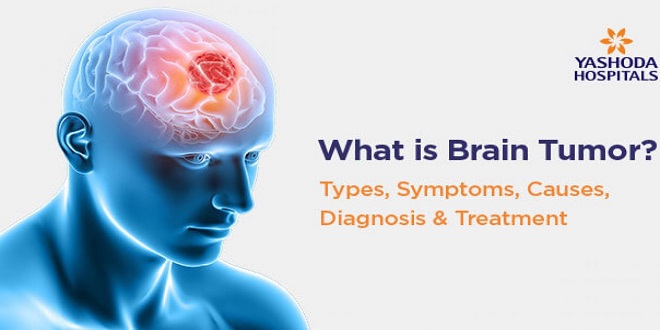Roswell herniated disc is a medical condition that causes intense pain, but it is often treatable with surgery and physical therapy. However, when it comes to brain tumors, the situation can be much more complicated. Brain tumors are a serious medical condition that can be life-threatening. In this article, we will discuss the diagnosis, treatment, and prognosis of brain tumors.
What are Brain Tumors?
Brain tumors are abnormal growths of cells in the brain. These tumors can be benign or malignant. Benign tumors are non-cancerous and tend to grow slowly. Malignant tumors, on the other hand, are cancerous and can grow rapidly and invade nearby tissues and organs. Brain tumors can originate in the brain itself, or they can be metastatic, meaning they have spread from another part of the body.
Diagnosis of Brain Tumors
The diagnosis of a brain tumor typically involves a combination of imaging tests and a biopsy. Imaging tests such as CT scans and MRIs are commonly used to visualize the brain and identify any abnormal growths. A biopsy involves removing a small sample of the tumor tissue for examination under a microscope. This helps to determine whether the tumor is benign or malignant, and what type of cells it is made up of.
Treatment of Brain Tumors
The treatment of a brain tumor depends on several factors, including the type and location of the tumor, and the patient’s overall health and age. Surgery is often the first course of action for brain tumors, particularly if the tumor is located in a relatively accessible area of the brain. During surgery, the tumor is removed as completely as possible. In some cases, radiation therapy may be used in addition to surgery to kill any remaining cancer cells. Chemotherapy may also be used, although it is generally less effective for brain tumors than for other types of cancer.
Prognosis of Brain Tumors
The prognosis for brain tumors varies widely depending on the type and location of the tumor, as well as the patient’s overall health and age. Generally speaking, benign tumors have a better prognosis than malignant tumors. However, even benign tumors can cause serious problems if they are located in a critical area of the brain. Malignant tumors are more difficult to treat and have a higher risk of recurrence.
Overall, the prognosis for brain tumors is improving with advances in medical technology and new treatment options. However, early detection and treatment are key to improving outcomes. If you or a loved one are experiencing symptoms such as headaches, seizures, or changes in vision or cognitive function, it is important to seek medical attention right away to determine the cause.
Conclusion
Brain tumors are a serious medical condition that can be life-threatening. The diagnosis, treatment, and prognosis of brain tumors depend on several factors, including the type and location of the tumor, and the patient’s overall health and age. Early detection and treatment are key to improving outcomes, and patients should work closely with their healthcare team to develop a personalized treatment plan.
 Magazine Today
Magazine Today

